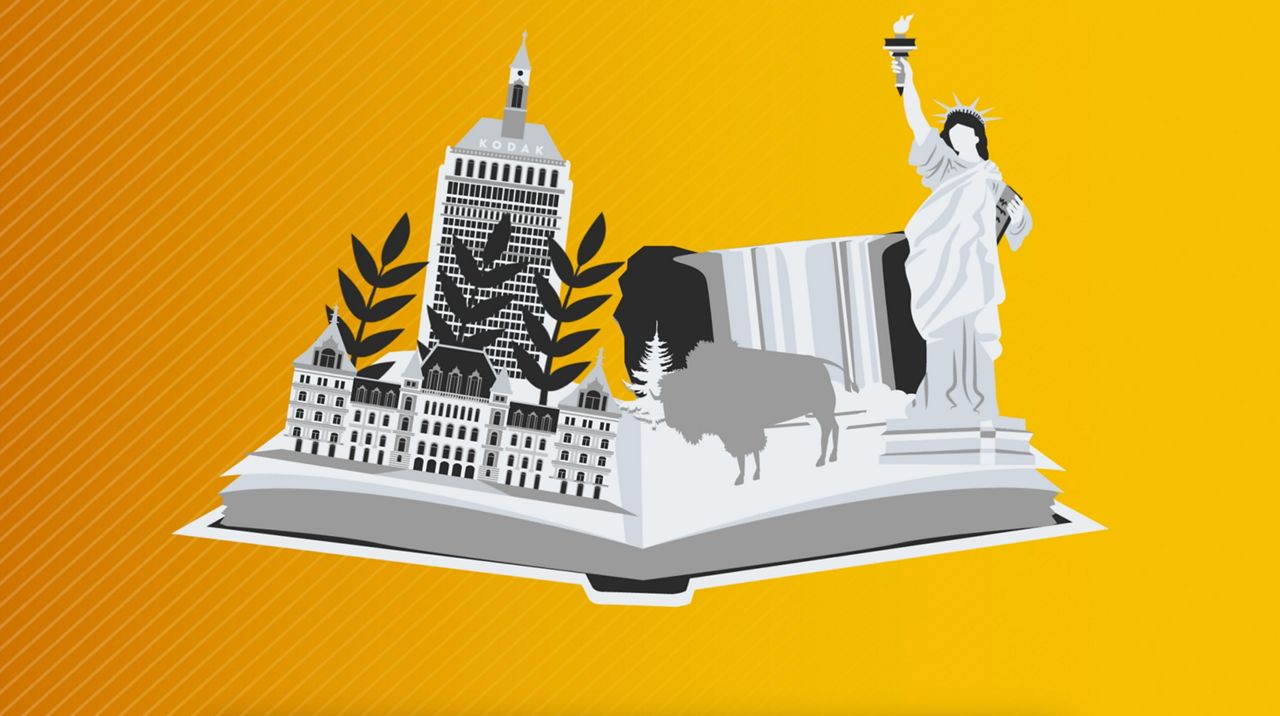It's the beginning of hiking season for many people in New York state.
"The warmer temperatures bring people out. The sunshine brings people out," said Sara King, of Adirondack Mountain Rescue.
"So what we've seen with the pandemic is there are a lot of new trail users and outdoor recreationists, and that has definitely driven up the number of search and rescue missions that we've seen called out," said Katie Rhodes, also a member of the Adirondack Mountain Rescue, based in Clifton Park.
Rhodes and King were recently appointed to leadership roles within the team. Adirondack Mountain Rescue is the first and only search and rescue team in the state with all-female leadership.
What You Need To Know
- Trail conditions range from dry to deep snow this time of the year
- Spring is when trail conditions are at their most vulnerable
- The DEC is asking hikers to avoid trails above 2,500 feet
- The Adirondack Mountain Rescue is the only search and rescue team in the state with all-female leadership
"You go in thinking that the trails are going to look one way because of what you see down at the base of the mountain, and then they look different as you get closer to the top. And you might not be prepared for that," King said.
Along with your normal hiking gear, adding waterproof hiking boots, trekking poles, microspikes, and snowshoes to your gear list is recommended.
"It's something that people don't always think about because at home, it looks dry and comfortable and doable," King said.
The next couple of months are what's known as mud season in the Adirondacks and Catskills. The DEC is asking hikers to avoid trails above 2,500 feet.
"The reason that they do that is because of those varying conditions and the risk that you're putting yourself at, not being prepared," King said.
The higher elevations of the Adirondacks are home to very rare and sensitive Alpine vegetation.
"Walking on that vegetation if you're avoiding mud, or if you're avoiding ice, can actually kill those plants." King said.
Along with proper gear, having a plan and being properly educated is just as important.
"That's one of the most valuable things we can do as a volunteer searching rescue team, is provide public education opportunities in order to prevent searches from happening in the first place," Rhodes said.










